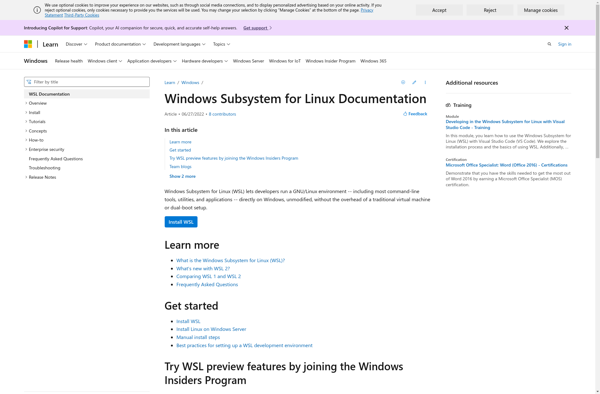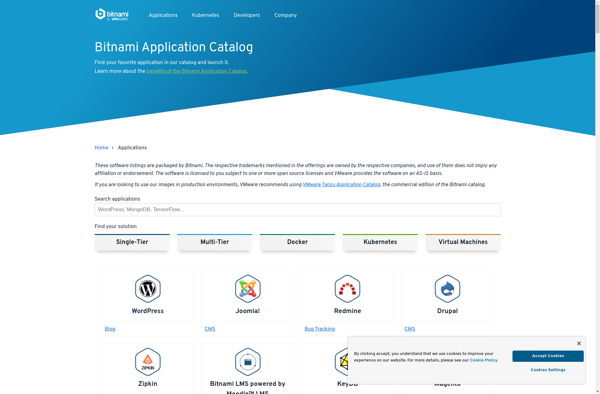Virtual Machines

Virtual Machines: Run Multiple Operating Systems on One Computer
Run an operating system and applications inside another OS, isolating them into their own virtual environment. VMs provide flexibility, security, and cost efficiency for compute resources.
What is Virtual Machines?
A virtual machine (VM) is an emulation of a computer system. Virtual machines are based on computer architectures and provide functionality of a physical computer. Their implementations may involve specialized hardware, software, or a combination.
VMs provide numerous benefits:
- Flexibility - VMs can be quickly provisioned, copied, migrated, snapshotted, backed up, and recovered. This makes them extremely agile.
- Isolation - VMs provide tightly controlled, isolated environments to run applications and processes, separating them from the underlying host OS and hardware.
- Compatibility - VMs can emulate hardware architectures and run software requiring different OS environments on the same physical server.
- Security - VMs provide added security by isolating applications and data inside a virtual environment separate from the main OS.
- Cost Savings - VMs allow better utilization of compute resources by consolidating multiple virtual servers onto fewer physical servers.
There are some downsides to using VMs as well. They add a software layer, which can result in some performance overhead. And VMs rely on the underlying physical hardware, so any issues there can impact the VMs running on it. Overall though, VMs provide immense flexibility and are a foundational technology of cloud computing.
Virtual Machines Features
Features
- Isolated execution environment
- Resource allocation and management
- Snapshot and backup capabilities
- Portability and migration
- Scalability and on-demand provisioning
- Virtualized hardware components
- Hypervisor-based architecture
- Remote access and management
Pricing
- Free
- Freemium
- One-time Purchase
- Subscription-Based
- Pay-As-You-Go
- Open Source
- Trial Period
- Custom Pricing
Pros
Cons
Official Links
Reviews & Ratings
Login to ReviewThe Best Virtual Machines Alternatives
Top System & Hardware and Virtualization and other similar apps like Virtual Machines
Here are some alternatives to Virtual Machines:
Suggest an alternative ❐Windows Subsystem for Linux

Turnkey Linux

VirtualBoxImages
BitNami Application Stacks

OSBoxes
